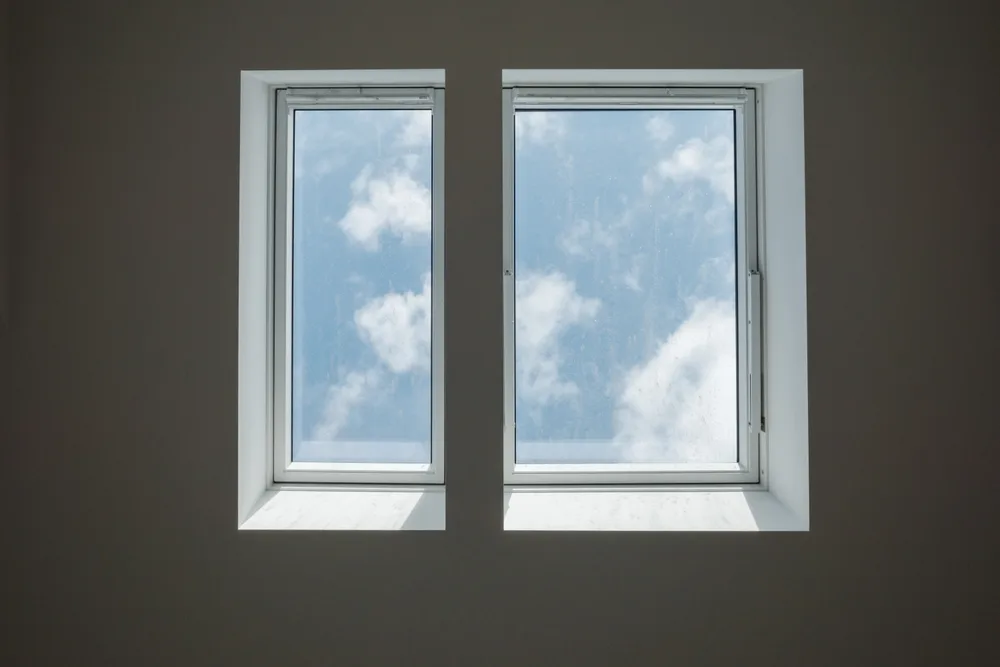If you’re considering new windows for your home, material choice isn’t just a design decision—it’s a performance investment. That’s especially true in Toronto, where weather extremes push building materials to their limits. From icy winds in January to humid summer heatwaves, your windows must be built to perform all year round.
For homeowners comparing modern options, casement windows in Toronto continue to stand out for their energy efficiency and ventilation control. But what makes a good casement window even better? The right frame material. Here’s what you need to know to make an informed, climate-conscious decision.
Understanding Toronto’s Unique Climate Stressors
Toronto experiences a humid continental climate with sharp seasonal contrasts—sub-zero winters, high summer humidity, freeze-thaw cycles, and lake-effect winds. These variables challenge window materials with:
- Expansion and contraction stress
- Potential for moisture ingress
- Ice and snow buildup
- UV damage during long summer days
A material that performs well in Vancouver or Halifax might not hold up in a Toronto winter. Selecting the right frame and sash construction for casement windows is crucial to ensure long-term durability and indoor comfort.
Why Material Choice Matters More Than You Think
The material used in a window frame affects more than looks. It determines:
- Thermal resistance (how well the window insulates)
- Maintenance frequency and cost
- Resistance to moisture, pests, and corrosion
- Structural integrity under wind load
Because casement windows swing outward and seal tightly when closed, they rely heavily on sturdy, well-insulated frames to maintain performance.
Vinyl Casement Windows: The Most Popular Choice
Vinyl (PVC) is by far the most common window material used in the GTA—and for good reason. It offers:
- Excellent insulation (low thermal conductivity)
- Low maintenance (no repainting or staining)
- Resistance to rot, rust, and UV degradation
Today’s high-quality vinyl is reinforced internally to prevent warping and sagging over time, which was a concern in older-generation products. Look for Energy Star–certified models specifically designed for Canadian winters.
The downside? Vinyl can lack design flexibility and may not suit heritage-style homes without additional aesthetic treatments.
Fibreglass: Built for Strength and Stability
Fibreglass windows are gaining traction in the Toronto market as a premium alternative to vinyl. Made from fine glass fibres embedded in resin, this material delivers:
- Outstanding structural rigidity
- Minimal thermal expansion and contraction
- Superior energy performance
- Longevity without degradation
For casement windows that open and close frequently or face direct sunlight, fibreglass resists warping better than almost any other material. Its strength also allows for thinner frames, maximizing glass area and daylight.
The main barrier for some homeowners is cost—fibreglass tends to be more expensive than vinyl but offers long-term savings through reduced maintenance and energy bills.
Wood Casement Windows: Classic Warmth with Extra Care
Wood frames bring undeniable charm and are often used in older Toronto neighbourhoods to maintain architectural consistency. Their benefits include:
- Natural insulation properties
- Rich, timeless appearance
- Customizability through paints and stains
However, wood requires consistent upkeep in a climate like Toronto’s. Moisture, insects, and freeze-thaw cycles can degrade untreated or poorly maintained wood quickly. If you’re considering wood, opt for factory-finished models with protective coatings and ensure a regular maintenance schedule is in place.
Aluminium-Clad Wood: A Best-of-Both-Worlds Option
To retain the aesthetic appeal of wood without the maintenance burden, many homeowners turn to aluminium-clad wood windows. These feature:
- A durable, weather-resistant aluminium exterior
- A warm, natural wood interior
- Minimal upkeep compared to pure wood
- Improved energy efficiency when thermally broken
This hybrid solution works particularly well for Toronto’s climate, combining strength and style while withstanding moisture and temperature extremes. They tend to sit at the higher end of the price spectrum but offer excellent long-term value.
Aluminium: Not Ideal for Residential Use in Cold Climates
Although aluminium frames are often praised for their sleek, modern look and structural strength, they have significant drawbacks in cold regions. Specifically:
- High thermal conductivity leads to heat loss
- Cold surfaces may cause condensation and even frost
- Lower energy efficiency without thermal breaks
While thermally broken aluminium frames do exist, they’re more commonly used in commercial buildings or warm-weather zones. For residential casement windows in Toronto, other materials offer better energy performance.
Hybrid and Composite Frames: The Innovative Middle Ground
Composite frames, often made of blended materials like PVC, wood fibres, or fibreglass, are engineered to overcome the limitations of single-material frames. They offer:
- Excellent thermal insulation
- Resistance to moisture and decay
- Lower expansion/contraction rates
These windows are often marketed as sustainable alternatives, using recycled content and requiring less maintenance than wood. For Toronto’s unpredictable weather, composite frames can be a safe, durable choice—if sourced from a reputable manufacturer.
What Makes a Material Truly Toronto-Ready?
When selecting the best material for casement windows, consider more than the product label. Ask the right questions:
- Is this material resistant to freeze-thaw damage?
- Will it retain structural integrity in high winds?
- How does it perform against moisture over time?
- Are local rebates or certifications available (e.g., Energy Star Canada)?
The ideal material balances performance, aesthetics, cost, and lifespan—tailored to your specific property type and location.
Final Thoughts: Invest in Material That Lasts Through Every Season
Replacing or upgrading your casement windows isn’t just a renovation—it’s a commitment to comfort, efficiency, and value. Toronto’s demanding weather conditions make material choice a top priority. While vinyl suits most modern homes with its affordability and thermal efficiency, fibreglass and hybrid options may offer better longevity and strength for exposed or high-traffic areas.
Ultimately, the best window material is one that works with your home’s style, stands up to Toronto’s climate, and supports long-term energy savings. With the right combination of quality manufacturing and expert installation, your casement windows can deliver reliable performance season after season.

